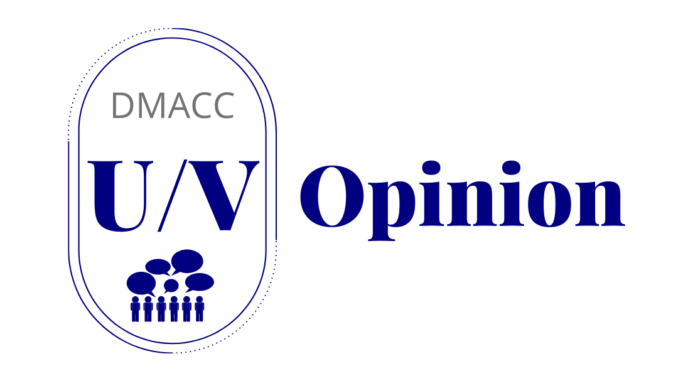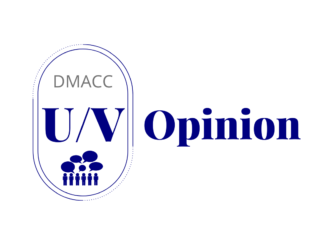
In the last couple of years, the term cancel culture has gotten its fair share of media attention. But what does it mean? Cancel culture is “the practice or tendency of engaging in mass canceling as a way of expressing disapproval and exerting social pressure.” In the context of cancel culture, cancelling means “to withdraw one’s support for (someone, such as a celebrity, or something, such as a company) publicly and especially on social media.”
Cancel culture isn’t just about de-platforming; it’s about dismantling systems of hierarchy, marginalization, discrimination, oppression, and exclusion. It also seeks to call out problematic, damaging, and deeply hurtful behavior such as hate speech, racism, sexism, ableism, homophobia, transphobia, etc. Overall, cancel culture has impacted our society’s recognition of the need for change.
Cancel culture started making its way into mainstream media alongside the #MeToo movement on Twitter in 2017. #MeToo is a social movement against sexual harassment and sexual abuse that lets survivors share their stories and empowers them by letting them know they are not alone. This led to some of America’s most powerful people in politics, entertainment, and sports being exposed for assaulting and sexually harassing others. It also sparked outrage towards the U.S. criminal justice system and its tendency to fail sexual assault survivors. This helped to popularize using social media to expose corruption and “cancel” public figures and people in power.
As cancel culture rose in popularity and frequency, its meaning seemed to deviate from its original intention. Today, almost anyone you ask about the subject has different interpretations and opinions. In terms of public opinion and cancel culture’s intention to hold people accountable for their actions, America appears divided. According to Pew Research Center, in 2020, “58% of U.S. adults say in general, calling out others on social media is more likely to hold people accountable, while 38% say it is more likely to punish people who don’t deserve it.” The term has also become popular in political discourse, which has further distorted the definition. While there is opposition from both sides of the political spectrum, most outrage comes from Republicans and Conservatives. Notable Republicans who are vocal on this issue include Donald Trump, Ted Cruz, and Marjorie Taylor Greene.
Republicans that oppose cancel culture argue that the threat of being canceled hurts free speech, disrupts public discourse, and creates intolerance of differing views. Often, they frame canceling as a way to censor anyone you disagree with. A resolution from the Republican National Committee states, “Freedom of speech is trampled on daily with the notions of “political correctness,” the plan to eliminate so-called “hate speech,” and the promotion of a “cancel culture,” which has grown into erasing of history, encouraging lawlessness, muting citizens, and violating free exchange of ideas, thoughts, and speech.”
What is often missing from these arguments is that an integral foundation of freedom of speech is the public right to criticize the government and the right to challenge, protest, and oppose bigoted views. Freedom of speech and freedom of the press allows citizens, journalists, and activists to use their voices to expose the harmful behavior of government officials, corporate executives, religious leaders, and other unjust systems. Cancel culture often draws the public’s attention to structural inequalities and corruption within our government and society. Social movements such as abolitionism, civil rights, women’s suffrage, LGBTQ+ rights, and the recent #MeToo and Black Lives Matter movements would not be possible without first amendment rights. Holding our government officials and people in power accountable for how they chose to impact our society positively or negatively is the bare minimum for social change.
Reframing cancel culture as “consequence culture” gives us the chance to move away from the negative connotations and toxicity surrounding it. Instead of seeking to de-platform and cancel individuals who engage in offensive behavior, it aims to educate. Cancel culture is often unforgiving and fails to acknowledge an essential part of human nature, The idea that people can change their ideas and learn from their mistakes. We need to treat others as humans who are capable of change. Cancel culture targets the individual but often forgets to address the behavior or the victim. This could be because people are easier to condemn than ideas. While cancel culture centers around the concept of retributive justice, which focuses on punishment instead of rehabilitation. Consequence culture focuses on restorative justice, which emphasizes accountability, reconciliation, and rehabilitation. The ultimate goal is not to silence others but to raise awareness, support human rights, educate, and hold people accountable for their actions. My hope for consequence culture is that it will help empower individuals by making their voices be heard, educate them and expose them to different perspectives, and advocate for those society has tried to oppress. Calling out inequality is only a part of activism, but it’s a step in the right direction. Bringing awareness to systemic problems and injustice opens up conversations that lead to true lasting change.



Be the first to comment